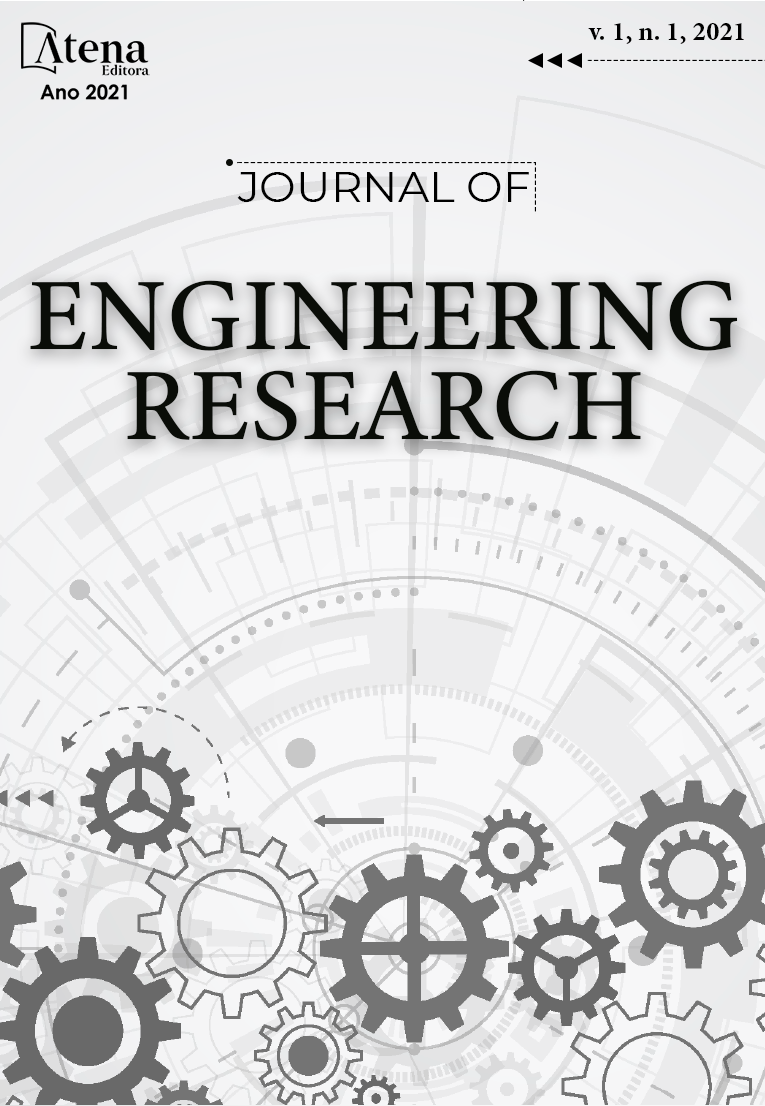
Reliability and Risk Improvement Index and Validation Criteria for Ventricular Assist Device Projects
For Ventricular Assist Device (VAD) projects, a method was developed that can measure, in vitro, the improvement in reliability and risks based on Inherent Safety concept, and criteria for project validation. The samples of VAD used and developed in this research project were VAD.PETG-01 and VAD.PETG-02. The VAD.PETG.01, has a top housing and base that connect to form the pump housing, a magnetic coupling with six magnets that allow external motor drive, and has a bearing shaft clearance adjustment. The VAD.PETG.02 has an impeller, a brushless magnetic rotor with brushless electromagnetic motor, stator, and rolling element bearing rotor and direct drive that allow this internal motor to run. The method, using Fault Tree Analysis, provided the definition of failure frequency of the tested samples which was 5.0014E-02 (VAD-PETG-01), and 3.314E-03 (VAD.PETG.02). The failure frequency for the pumps from Reyes' research, used as reference for applying this method, was 1.8228E-05. Using the failure frequencies of the top events for each sample, the Reliability Improvement Index between samples was calculated (0.068) and the Reliability Improvement was 93.20%. The proposed method presented measurable results of reliability improvement among the tested models, in addition to confirming the acceptability of the Reyes pumps, used as a case study: VAD.PETG.01 and VAD.PETG.02 were plotted in the “unacceptable” region of the Acceptability Criterion, due to the high failure frequency, and Reyes' bombs were plotted in the “acceptable” region. Thereby, the proposed acceptability criterion was consistent with the calculated reliability data.
Reliability and Risk Improvement Index and Validation Criteria for Ventricular Assist Device Projects
-
DOI: 10.22533/at.ed.3172115106
-
Palavras-chave: Ventricular Assist Device (VAD), In Vitro, Reliability, Test Bench, Inherent Safety.
-
Keywords: Ventricular Assist Device (VAD), In Vitro, Reliability, Test Bench, Inherent Safety.
-
Abstract:
For Ventricular Assist Device (VAD) projects, a method was developed that can measure, in vitro, the improvement in reliability and risks based on Inherent Safety concept, and criteria for project validation. The samples of VAD used and developed in this research project were VAD.PETG-01 and VAD.PETG-02. The VAD.PETG.01, has a top housing and base that connect to form the pump housing, a magnetic coupling with six magnets that allow external motor drive, and has a bearing shaft clearance adjustment. The VAD.PETG.02 has an impeller, a brushless magnetic rotor with brushless electromagnetic motor, stator, and rolling element bearing rotor and direct drive that allow this internal motor to run. The method, using Fault Tree Analysis, provided the definition of failure frequency of the tested samples which was 5.0014E-02 (VAD-PETG-01), and 3.314E-03 (VAD.PETG.02). The failure frequency for the pumps from Reyes' research, used as reference for applying this method, was 1.8228E-05. Using the failure frequencies of the top events for each sample, the Reliability Improvement Index between samples was calculated (0.068) and the Reliability Improvement was 93.20%. The proposed method presented measurable results of reliability improvement among the tested models, in addition to confirming the acceptability of the Reyes pumps, used as a case study: VAD.PETG.01 and VAD.PETG.02 were plotted in the “unacceptable” region of the Acceptability Criterion, due to the high failure frequency, and Reyes' bombs were plotted in the “acceptable” region. Thereby, the proposed acceptability criterion was consistent with the calculated reliability data.
-
Número de páginas: 22
- Jônatas Cerqueira Dias
- Rodrigo Lima Stoeterau
- Newton Maruyama
- Paulo Eige Miyagi
- Aron José Pazin de Andrade
- Diolino José dos Santos Filho
- Jeferson Cerqueira Dias


